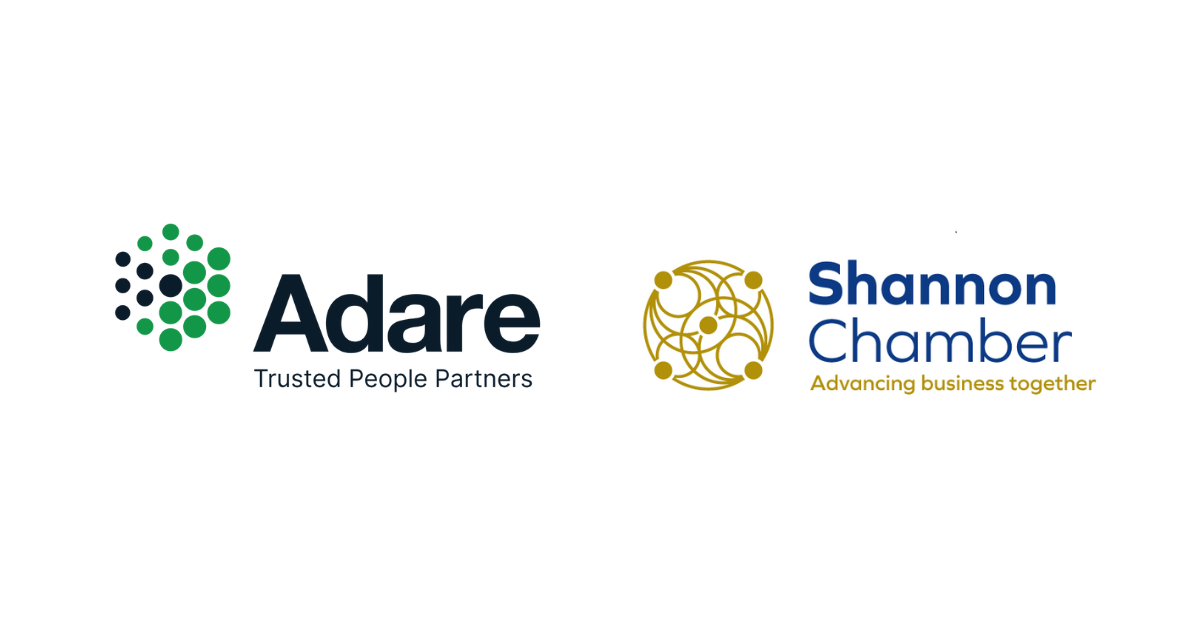
World Mental Health Day – October 10th
How Strategic Health and Wellbeing Initiatives Deliver ROI for Employers and Employees
October 10th marks World Mental Health Day each year. The overall objective of World Mental Health Day is to raise awareness of mental health issues and to activate efforts to improve mental health supports.
This annual observance provides an opportunity for all stakeholders from Employers to Employees and business partners to highlight the role positive mental health plays in both individual and Organisational success.
With external forces like AI and shifts in global trade continuing to impact the workplace, it is becoming imperative for businesses to recognise the positive HR outcomes of strategic investments in Employee resilience and wellbeing. Developing and supporting resilient Employees who are capable of tackling the challenges of the modern workplace has emerged as a key concern for ambitious Organisations.
Pause, and think about it: How is your organisation placed to address Employee Health and Wellbeing?
Return on Investment: A Dual Perspective
The business case for health and wellbeing initiatives is now well established. Employers that adopt a strategic, evidence-based approach to Employee wellbeing report measurable benefits across HR metrics.
With mental health-related sickness absence now documented as a growing challenge for Irish Employers, strategic investment in Employee health and wellbeing is no longer a nice to have but a key HR deliverable. For Employers, the business benefits of investing in a healthier workforce include:
• Increased Productivity: Health and wellbeing programmes can lead to a 5% to 11% increase in productivity. Healthier Employees are more focused, energetic, and engaged at work.
• Reduced Healthcare Costs: Organisations often see a 15% to 20% reduction in healthcare costs due to lower medical claims and health insurance premiums.
• Lower Absenteeism: Health and wellbeing initiatives can reduce absenteeism by 25% to 30%. Employees are less likely to take sick days when they are healthier and more satisfied with their work environment.
• Improved Employee Retention: Organisations with strong health and wellbeing programmes experience up to 50% lower turnover rates. Employees are more likely to stay with an Organisation that values their health and health and wellbeing.
• Enhanced Employee Morale and Engagement: Health and wellbeing programs contribute to higher Employee morale and engagement, leading to a more positive workplace culture.
For Employees, the personal return on wellbeing investments include:
• Greater Job Satisfaction: Employees who feel supported in their mental and physical wellbeing are more engaged, motivated, and satisfied in their roles.
• Better Work-Life Balance: Wellbeing programmes often include flexibility, stress management, and support tools that allow Employees to manage their time and health more effectively.
• Access to Resources: From mental health first aiders to Employee Assistance Programmes (EAPs), access to supports and resources ensures that Employees know where to seek help before issues escalate.
• Reduced Stigma: Normalising mental health conversations in the workplace helps break down barriers, creating a culture where Employees feel safe seeking help.
From Symbolic to Strategic
World Mental Health Day provides a perfect opportunity to highlight health and wellbeing supports offered by your Organisation or to launch a new wellbeing initiative. To achieve real return on investment however, Organisations should move beyond awareness raising campaigns and take a more strategic approach to harnessing the benefits of Employee wellbeing.
Practical steps to embed health and wellbeing into workplace strategy and culture include:
• Develop a formal wellbeing strategy and policy: A formal strategy and policy can be tailored to reflect the challenges faced by Employees working in the Organisation’s industry and the demographics of the workforce.
• Leadership involvement: Ensure management and leadership teams actively participate in mental health initiatives, setting a positive example and reinforcing the Organisation’s commitment to mental wellbeing.
• Undertake wellbeing audits: This exercise will help to identify strengths, weaknesses and opportunities.
• Promote work-life balance: Implement policies that encourage flexible working hours, remote work, or other appropriate practices to reduce the risk of Employee stress and burnout.
• Provide mental health resources: Ensure Employees have access to Employee Assistance Programs (EAPs), counselling services, and stress management workshops.
• Measure impact and outcomes: Monitor relevant KPIs, including absenteeism rates, staff turnover, and Employee engagement surveys.
How Adare Together with Healthy Place to Work® Can Help
For Organisations that are ready to move beyond making a symbolic gesture, Adare partners with Healthy Place to Work ® in helping Organisations achieve a recognised certification as a healthy place to work. This certification demonstrates each participating Organisation’s commitment to Employee health and wellbeing.
Through this partnership, Adare has assisted Organisations throughout Ireland in developing and implementing strategic health and wellbeing frameworks that are evidence-based, practical, and aligned with Organisational objectives. Our team of HR and wellbeing experts guide Organisations from initial assessment and strategy development right through to implementation, reporting and impact evaluation.
This World Mental Health Day, we invite Employers to take meaningful steps toward creating more resilient Organisations that reflect the good health of their Employees.
Is it time to take action? If you would like your organisation to be in a different space in all things Wellbeing next year October, or if you have any questions, or would like to explore this topic with us reach out to Amanda Finnegan at afinnegan@adarehrm.ie or visit our website to learn more about our service offering in particular Adare.
Adare is a team of expert-led Employment Law, Industrial Relations and best practice Human Resource Management consultants. If your Organisation needs advice, support, or guidance about compliance requirements or any HR issues, please contact Adare by calling (01) 561 3594 or emailing info@adarehrm.ie to learn what services are available to support your business.
